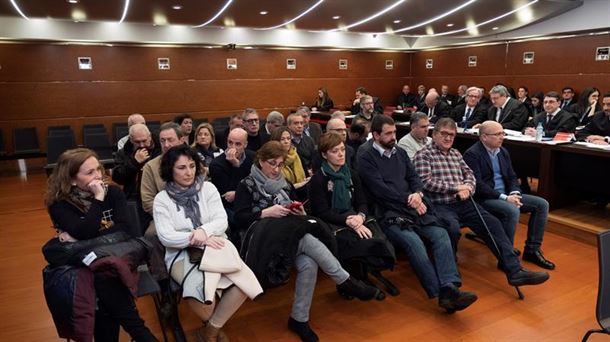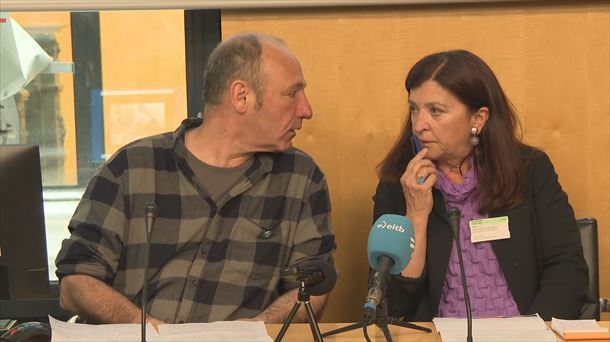About a year until the mayoral and municipal elections in Innsbruck: If the 40 mandataries lose their zest for work, you can read here why that – at least from their point of view – would not be such a good idea.
An exploded four-party coalition, deputy mayors and new elections, disastrous control bureau reports and, last but not least, a personnel policy of mayor Georg Willi that is advocating in court: this six-year municipal term in Innsbruck is a difficult one – and quite a few are happy about it, albeit it is over in a year.
But until then, work needs to be done. In theory, bringing the election forward to early summer or fall would be possible, but then the city would have to be under state rule for months, with unforeseen consequences for the economy.
No alternative to continue
There is therefore no majority in the city council and therefore no alternative to continue. This also applies if Mayor Willi resigns prematurely: the city council then elects one of his or her ranks as mayor, who will take care of matters until the elections.
“Political circus” costs millions
Whether you see Innsbruck’s city politics as an annoying hiccup or as a particularly lively democracy – the fact is: the “political circus” costs millions. In addition, Innsbruck offers the luxury of “non-executive city councillors” – high-priced walkers who are not allowed to work even if they wanted to, such as the Blues’ current Deputy BM Markus Lassenberger and StR Rudi Federspiel. You don’t have a department manager.
As shown in the following image, the seven-member city senate alone (two Greens, two Blues, one for each VP, for Innsbruck and SP) costs about 60,000 euros per month.
Will the city senate be expanded?
In theory, the city senate could be increased to 9 seats after the next election. What might be necessary to form a stable government. Here the factions will have to show their true colors as to what is acceptable and what is not. The same goes for the long-awaited abolition of non-executive city councilors.
More transparency requested
In addition to the consistently high salaries – which incidentally are only in a few cases surpassed by the bosses of the municipal operating companies – there are campaign advertising costs, general party funding and reimbursements of personnel costs for the eleven political groups represented in the city council. .
Since the start of the municipal council term in 2018, the total has amounted to more than five million euros – “without it being particularly clear to citizens what this money is used for”, criticized club boss Dejan Lukovic van Groen several times. Together with the Neos, he recently submitted two audit requests to the city council, according to which the audit office should have access to party finances. “We demand transparency and careful use of taxpayers’ money,” he emphasizes.
Source: Krone
I am Ida Scott, a journalist and content author with a passion for uncovering the truth. I have been writing professionally for Today Times Live since 2020 and specialize in political news. My career began when I was just 17; I had already developed a knack for research and an eye for detail which made me stand out from my peers.



